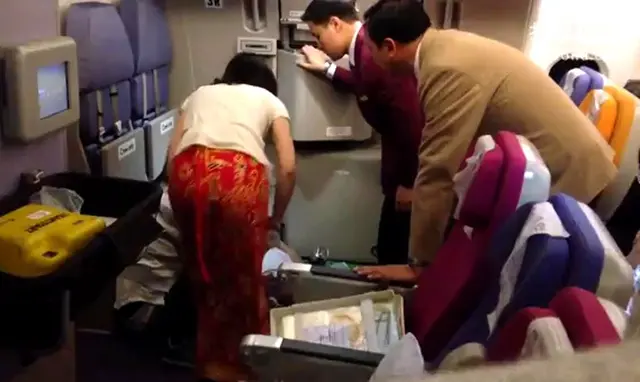More than 400 travelers are being stopped by Australian counter-terrorism agents at airports each day in an attempt to curb the number of defectors heading to join the fighting in the Middle East.
The Border Force counter-terrorism squads have stopped more than 76,000 people for questioning since August 2014, at every major Australian international airport.
Those pulled aside for questioning are noted as "suspicious travelers" heading overseas, or coming back into Australia, a spokesperson for Immigration Minister Peter Dutton told Fairfax Media on Monday.
"Since their deployment ... Counter-Terrorism Unit teams have successfully intercepted a number of people of national security concern," the spokesperson said.
Dutton said the efforts of the units were crucial to stopping potential jihadists from supporting the Islamic State (IS), as well as those Australians who have chosen to fight with Kurdish forces against IS.
"This threat continues to increase and it's a real menace," he said.
According to Fairfax media, passengers have had luggage searched, visa, travel and accommodation plans checked, and in some cases have even been pulled off planes for further questioning.
Reports indicate that a sizable number of travelers have been caught with extremist materials on their person or on their phones, prompting a jump in the number of passports canceled by the Australian government.
Border Force units based in Sydney and Melbourne reportedly interrogated 11 suspects in their first three weeks of operation, and placed dozens of other people on watchlists.
The Border Force counter-terrorism unit operate in six other airports, Adelaide, Perth, Brisbane, Darwin, Cairns and the Gold Coast.
Officers screen all passengers coming in and out of the country, and follow strict guidelines which determines which passengers are candidates for questioning.
The unit has maintained that questioning is lawful and fully respectful of different cultures despite a backlash from some religious and cultural leaders.
 简体中文
简体中文

